Winning effort
Updated: 2016-08-24 07:20
(Xinhua)
|
||||||||
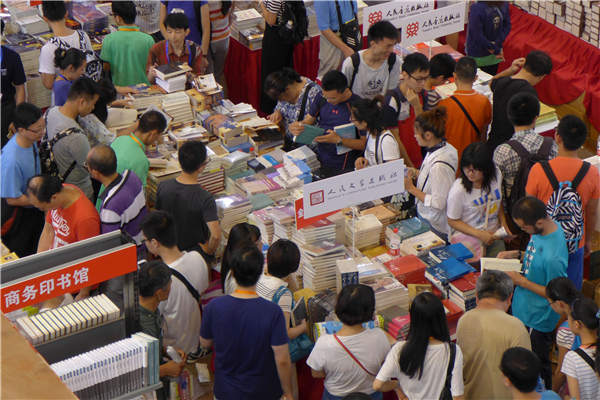 |
|
A view of the Shanghai Book Fair held at the Shanghai Exhibition Center from Aug 18 to 23. Wang Rongjiang/China Daily |
As to why the work has been so widely welcomed in the West, Yao believes the excellence of the translation is a major factor.
"It has also set up a link between China and the West, through which foreign readers can attempt to hypothesize about the future of the country," he said.
His view is shared by Liu.
"Science fiction is becoming a key to the world's understanding of China," he says.
In China, demand for science fiction is on the rise. Audiences have become interested in such movies and many high-profile figures from beyond the literary world - Li Yanhong, head of internet giant Baidu, and Lei Jun, co-founder of smartphone maker Xiaomi - have heaped praise on Liu's work.
Despite these accolades and a certain amount of financial success, science fiction in China is still in its infancy and in dire need of a nurturing system.
Liu recalls attending a writers' conference in the US.
"Before stepping in the room, I thought it was a roundtable meeting with twenty plus people," he said.
But when the door opened, Liu was shocked to see thousands of participants.
In contrast, Chinese fans struggle to name 30 domestic science fiction writers, among whom less than 10 are making a living from their craft.
"We need to create an environment that allows more writers to develop their talent and the genre to prosper," Liu said.
To increase the number of science fiction writers in China, Beijing's Future Affairs Administration, a startup that mainly deals with science fiction copyright business, plans an incubator for talents.
"How to attract the young generation is the biggest challenge for sci-fi," said British science fiction writer Ian McDonald at the Shanghai fair.
Liu echoed his views, suggesting that it will be increasingly difficult for science fiction writers to write satisfying works in an era when people have instant access to the latest developments in technology, such as the Five-hundred-meter Aperture Spherical radio Telescope, dark-matter detection satellites and so on.
At the same time, however, Liu sees a new opportunity in every development.
"New technology would provide a knowledge foundation for writers."
- Relationship company makes huge profit from singles
- China to more than triple geothermal power consumption by 2020
- China launches first Tibetan-language search engine
- Largest subway train launched in Beijing on Monday
- Xi: Public health should underpin all govt strategies
- Olympic swimmers spark interest in cupping therapy

 Lakers confirms Yi Jianlian's signing
Lakers confirms Yi Jianlian's signing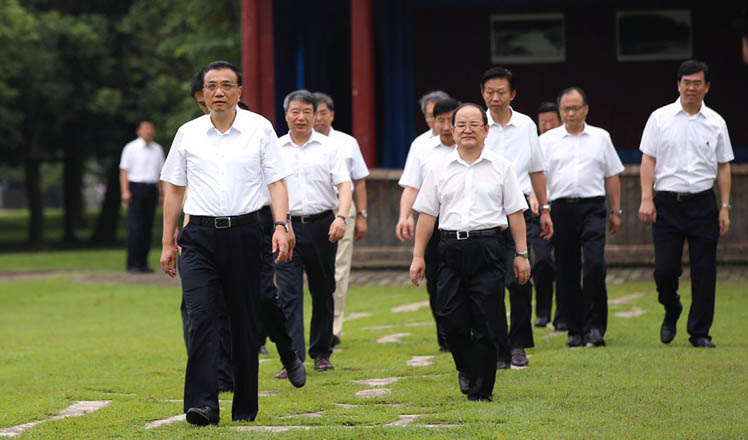
 Premier Li pays homage to Red Army martyrs
Premier Li pays homage to Red Army martyrs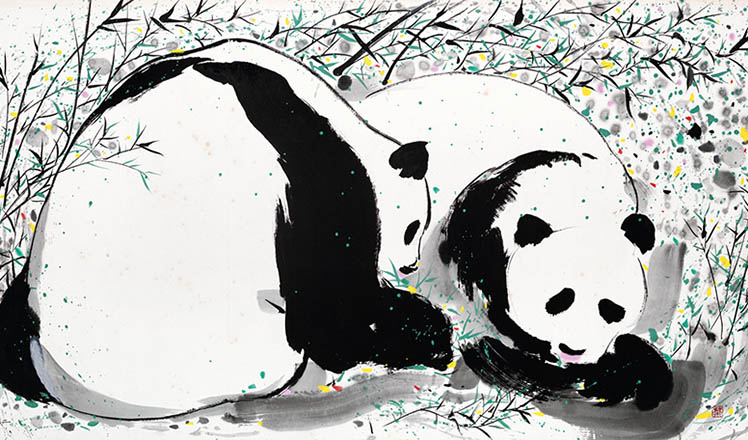
 'Born in China' in Chinese paintings
'Born in China' in Chinese paintings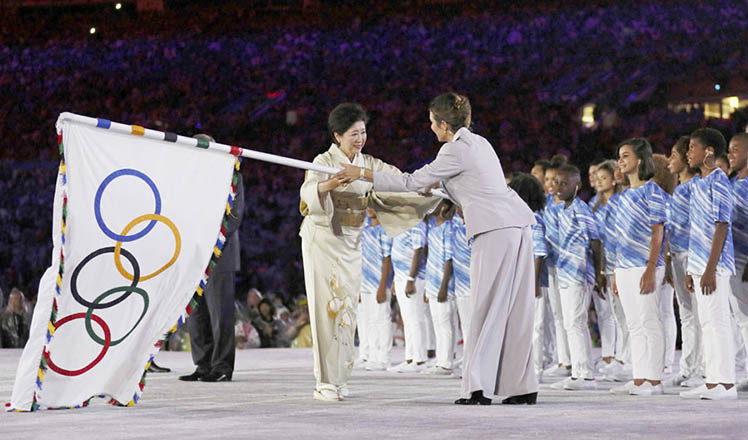
 Goodbye, Rio; hello, Tokyo
Goodbye, Rio; hello, Tokyo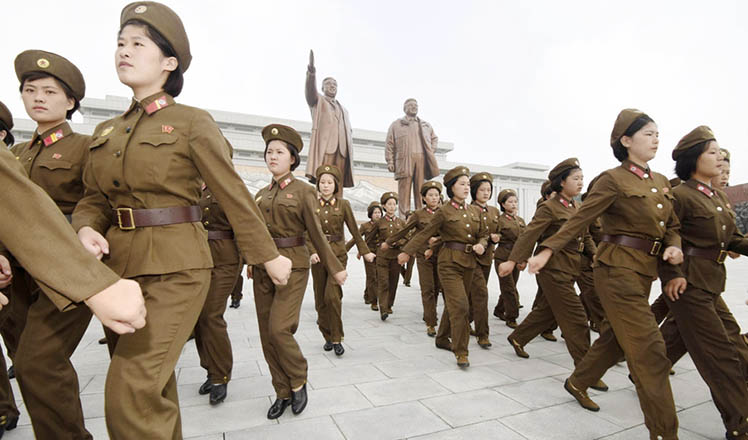
 The world in photos: Aug 15- Aug 21
The world in photos: Aug 15- Aug 21
 Kickboxing and throwing punches: Welcome to flight security training
Kickboxing and throwing punches: Welcome to flight security training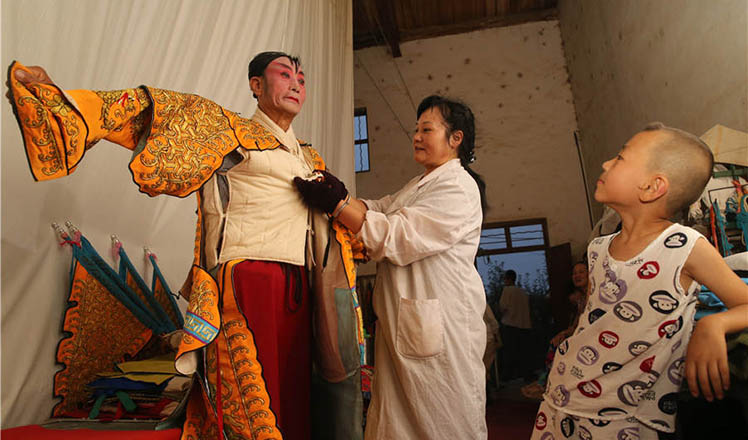
 Qinqiang Opera actors brave heat to bring smile to faces
Qinqiang Opera actors brave heat to bring smile to faces
 Top 10 cities with highest GDP in H1
Top 10 cities with highest GDP in H1
Most Viewed
Editor's Picks

|

|

|

|

|

|
Today's Top News
Trump outlines anti-terror plan, proposing extreme vetting for immigrants
Phelps puts spotlight on cupping
US launches airstrikes against IS targets in Libya's Sirte
Ministry slams US-Korean THAAD deployment
Two police officers shot at protest in Dallas
Abe's blame game reveals his policies failing to get results
Ending wildlife trafficking must be policy priority in Asia
Effects of supply-side reform take time to be seen
US Weekly

|

|








